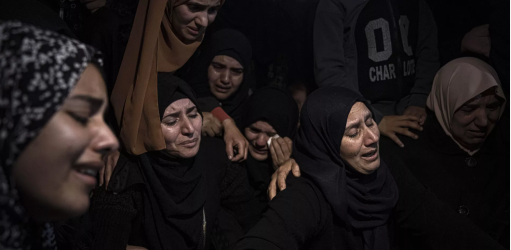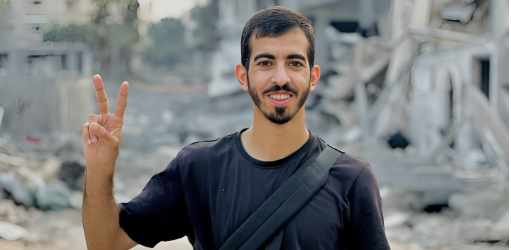This is a notification message.
On September 11, 2001, it was not only New York that shook under the flames and smoke, but the entire international system.
Four civilian aircraft were turned into instruments of death that struck at the heart of the world's superpower, plunging the United States into unprecedented shock. An unconventional enemy with no army or borders succeeded in crippling the symbols of the American economy and military in a matter of moments.
On the morning of Tuesday, September 11, 2001, 19 members of al-Qaeda hijacked four civilian aircraft. Two of them crashed into the World Trade Center towers in New York, which collapsed hours later, while the third targeted the Pentagon building near Washington. The fourth crashed in Pennsylvania after passengers attempted to regain control.
The events of that day were not only a human tragedy that left thousands dead and wounded, but also a strategic turning point that changed the equations of international politics for decades. Washington responded by declaring a “war on terror,” a slogan that shaped the next phase. It rushed into the wars in Afghanistan and Iraq and restructured its security and intelligence apparatus in an unprecedented manner.
Countries around the world expressed their shock at the sudden attack, with images of smoke billowing, flames shooting up, and the moment the planes hit the World Trade Center towers dominating the front pages of Western and Arab newspapers. However, they differed in their coverage of the news; Western newspapers tended to use expressive and powerful terms such as “war” and “terrorist attack” in their headlines, while Arab newspapers used headlines that described the event and focused on its repercussions on the Middle East.
American newspaper coverage:
Most American newspapers covered the events of September 11 in a dramatic and emotionally charged manner.

تستقبل نساء غزة يوم الأم...

تواصل الآلة الإعلامية الإسرائيلية حربها...